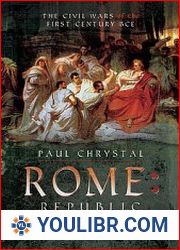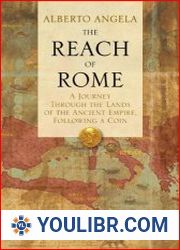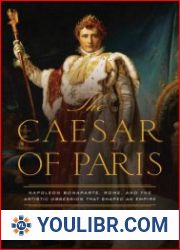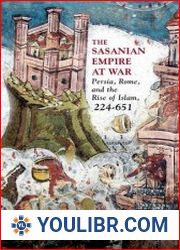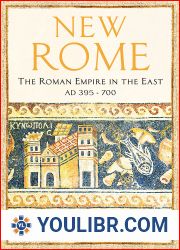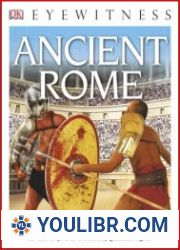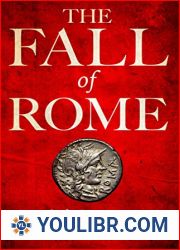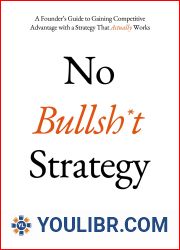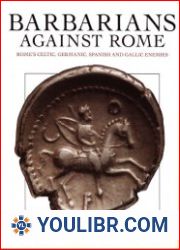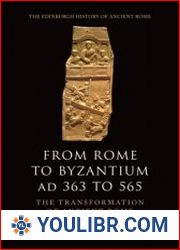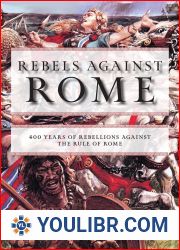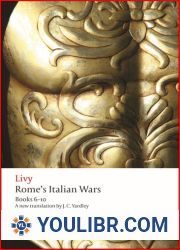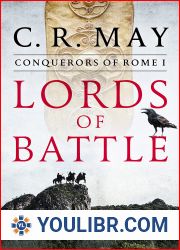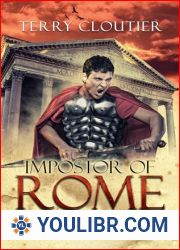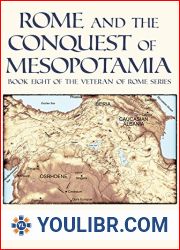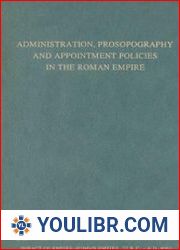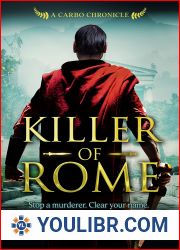
BOOKS - Rome: Strategy of Empire

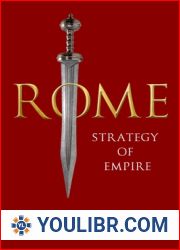
US $7.91

379184

379184
Rome: Strategy of Empire
Author: James Lacey
Year: January 1, 2022
Format: PDF
File size: PDF 7.8 MB
Language: English
Year: January 1, 2022
Format: PDF
File size: PDF 7.8 MB
Language: English
The first work to lay out Roman strategic thinking from its start under Augustus until its final demise in 476 CEFrom Octavian's victory at Actium (31 B.C.) to its traditional endpoint in the West (476), the Roman Empire lasted a solid 500 years - an impressive number by any standard, and fully one-fifth of all recorded history. In fact, the decline and final collapse of the Roman Empire took longer thanmost other empires even existed. Any historian trying to unearth the grand strategy of the Roman Empire must, therefore, always remain cognizant of the time scale, in which she is dealing. Although the pace of change in the Roman era never approached that of the modern era, it was not an empire instasis. While the visible trappings may have changed little, the challenges Rome faced at its end were vastly different than those faced by Augustus and the Julio-Claudians. Over the centuries, the Empire's underlying economy, political arrangements, military affairs, and, most importantly, themyriad of external threats it faced were in constant flux, making adaptability to changing circumstances as important to Roman strategists as it is to strategists of the modern era.Yet the very idea of Rome having a grand strategy, or what it might be, did not concern historians until Edward Luttwak wrote The Grand Strategy of the Roman Empire: From the First Century A.D. to the Third forty years ago. Although the work generated much debate, it failed to win over many ancienthistorians, in part because of its heavy emphasis on military force. By mostly neglecting any considerations of diplomacy, economics, politics, culture, or even the changing nature of the threats Rome faced, Luttwak tells only a portion of what should have been a much more wide-ranging narrative.For this and other reasons, such as its often dull presentation, it left an opportunity for another account of the rise and fall of Rome from a strategy perspective. Through a more encompassing definition of strategy and by focusing much of the narrative on crucial historical moments and thepersonalities involved, Strategy of Empire promises to provide a more persuasive and engaging history than Luttwak's. It aims not only to correct Luttwak's flaws and omissions, but will also employ the most recent work of current classical historians and archeologists to present a more complete andnuanced narrative of Roman strategic thinking and execution than is currently available.







